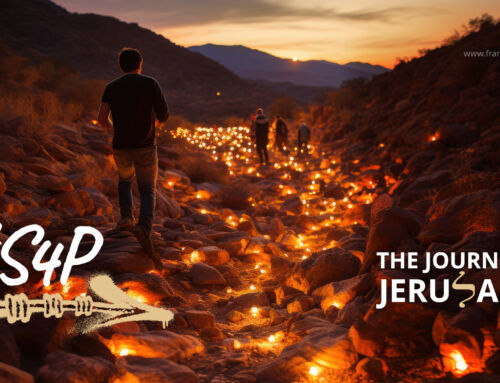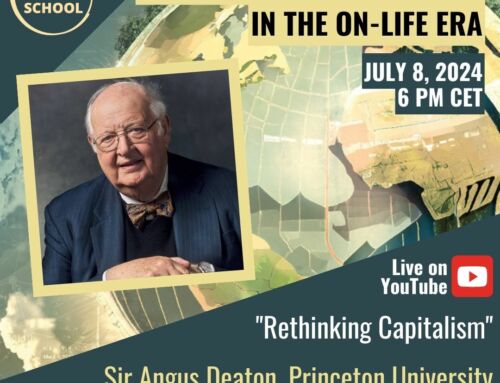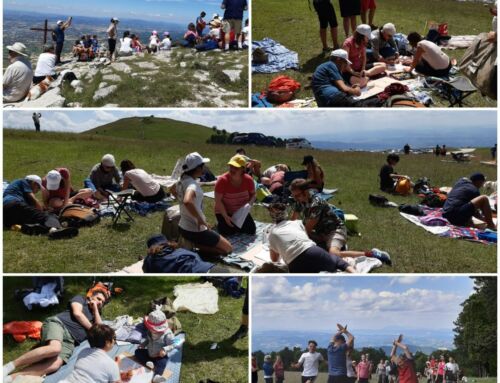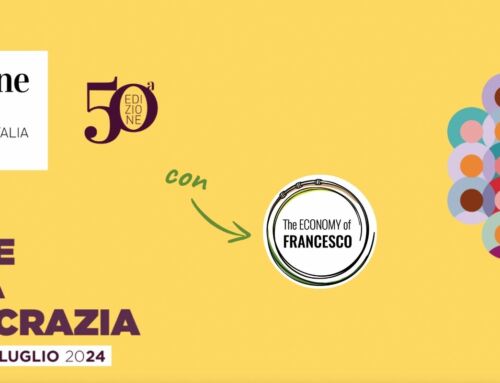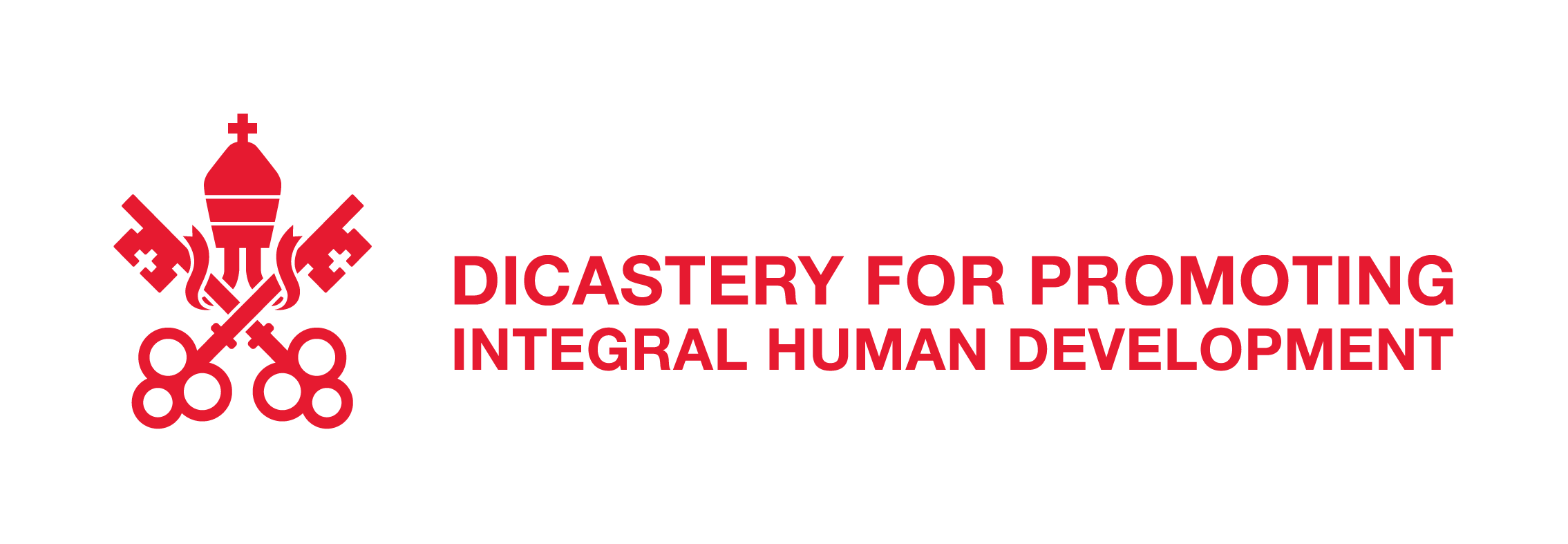Pacar project in Zambia
Technology needs to be a force for fraternity
by By Diana Salgado – EoF Media Agency
(ENGLISH TEXT ONLY)
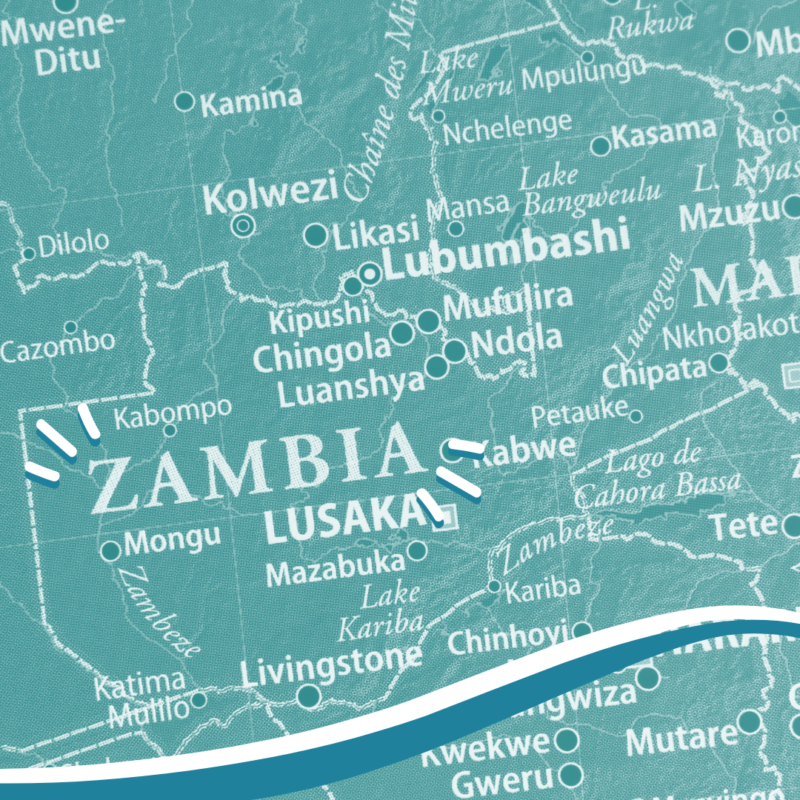
Never as today, with the pandemic situation we live in, with most of the world locked at home, teleworking or distance learning, we feel so strongly the inevitability of having and knowing how to use a computer. But, unfortunately, this is still a reality that is not possible for everyone and we are living in a context that has only confirmed and increased the inequalities, already so accentuated, that we have been living.
Aware of that, and trying to tackle it, Pacar school project has emerged!
It started in the group Technologies for the Common Good, which is one of the 4 groups of Business in Transition Village that makes part of The Economy of Francesco. Throughout 2020, the Tech4Good team met several times to discuss and research alternatives for a possible future and what is the role of technology in that future. So, Pacar School started to be conceived when Patrick, a member of this village, brought information regarding the situation of young people in Zambia.
The youth employment problem is one of the most critical challenges Zambia is facing today.
Rapid population growth, against a slow growing formal sector, is putting significant pressure on the Zambian economy to create enough formal jobs for the growing youth population. This demographic transition has resulted in the urban informal economy, becoming an important source of employment and income for young people who are poor, low skilled and marginalized in society.
Absorbing nearly 90% of the population, the informal sector is the biggest employer in Zambia.
Needless to say however, youth within the informal economy face a variety of challenges in accessing decent job opportunities, decent livelihoods as well as enhancing the productivity of their economic activities. Young people are the most vulnerable group in the informal sector in that they are most susceptible to low quality jobs and wages, insecure and exploitative employment, as well as poverty and social exclusion.
Guided by the call of Pope Francis and Laudato Si, the team identified that technology needs to be a force for fraternity, not for the widening of inequalities.They say that ‘ Pacar School seeks to “give soul to the economy”, as Pope Francis says.’
Believing that the democratization of technology and education are the key to building an economy that makes life and does not kill, this project aims to overcome Zambia’s greatest socio-economic challenge today: access to quality technological education and training for young people, powered by Pacar School.
In order to do that, Pacar School has been registered with The Patents and Companies Registration Agency (PACRA), which is the Statutory Body under the Ministry of Commerce, Trade and Industry. The project has the support of the Diocese of Mansa, which kindly provided a pilot school for the implementation of it. The team have been holding meetings with several potential partners, furthermore, the Rotary Clubs João Pinheiro, Rotary Brasília-Norte and Rotary Club of Lusaka Metro, that are supporting them to raise funds.
To ‘can be a seed of hope for those who need it so much’ this project is in the fundraising stage to start the pilot school. And how can we all help this to become real?
For those who want to collaborate, they have a GoFoundMe campaign: https://www.gofundme.com/f/un-computer-per-ogni-scuola-dello-zambia. We can help them in different ways like increasing their network and the awareness about the project and Zambia educational/social reality, spreading information about Pacar School and donating, if possible.
The Pacar School team is very determined to complete the project and offer better conditions and opportunities for a future, to Zambia’s marginalized youth. They truly believe that ‘Education and Technology areas are the keys for a better future, but education must be of excellence and certified to serve a purpose. A free computer, free connection, free online IT courses and a Diploma upon completion is what we want to offer to the Zambian Youth.’
And we all are with them, for this project! Together, let’s make it possible!
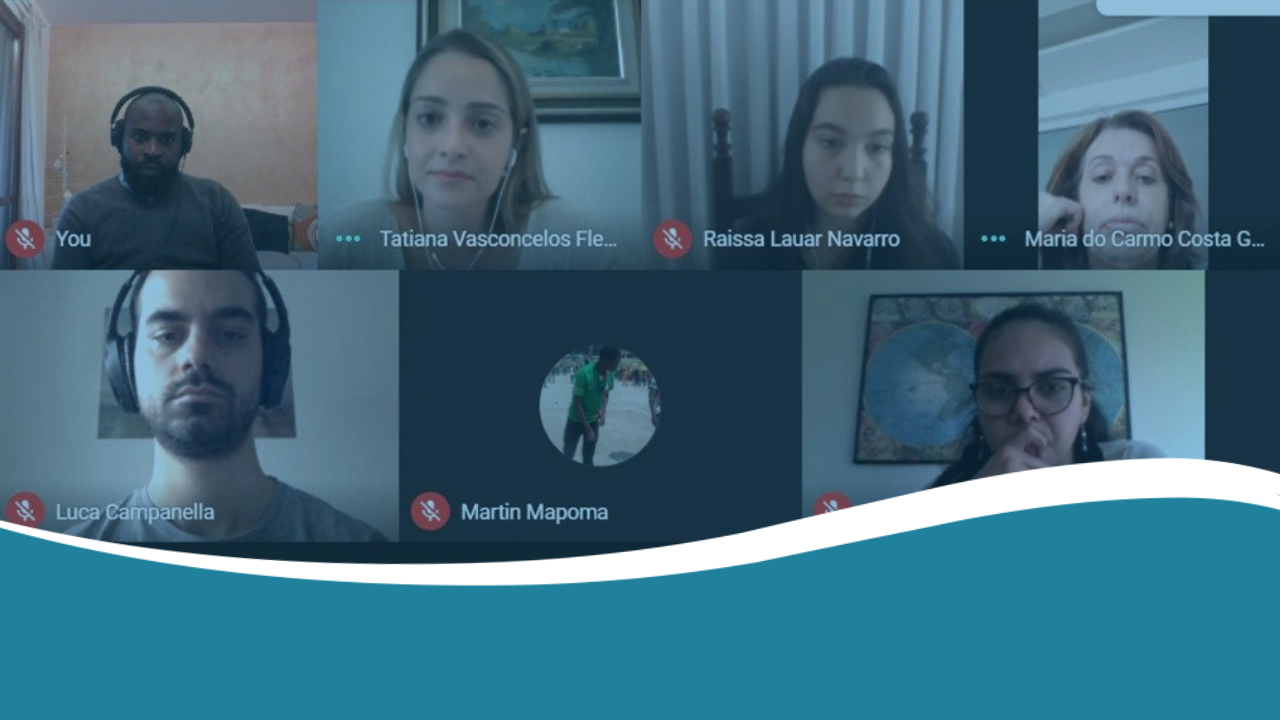
Please notice that this project was born because this team had the chance to meet virtually. If you are reading this article it’s because you are also privileged! Shouldn’t all young people, all over the world, but in this specific project, in Zambia, have the same opportunities?

